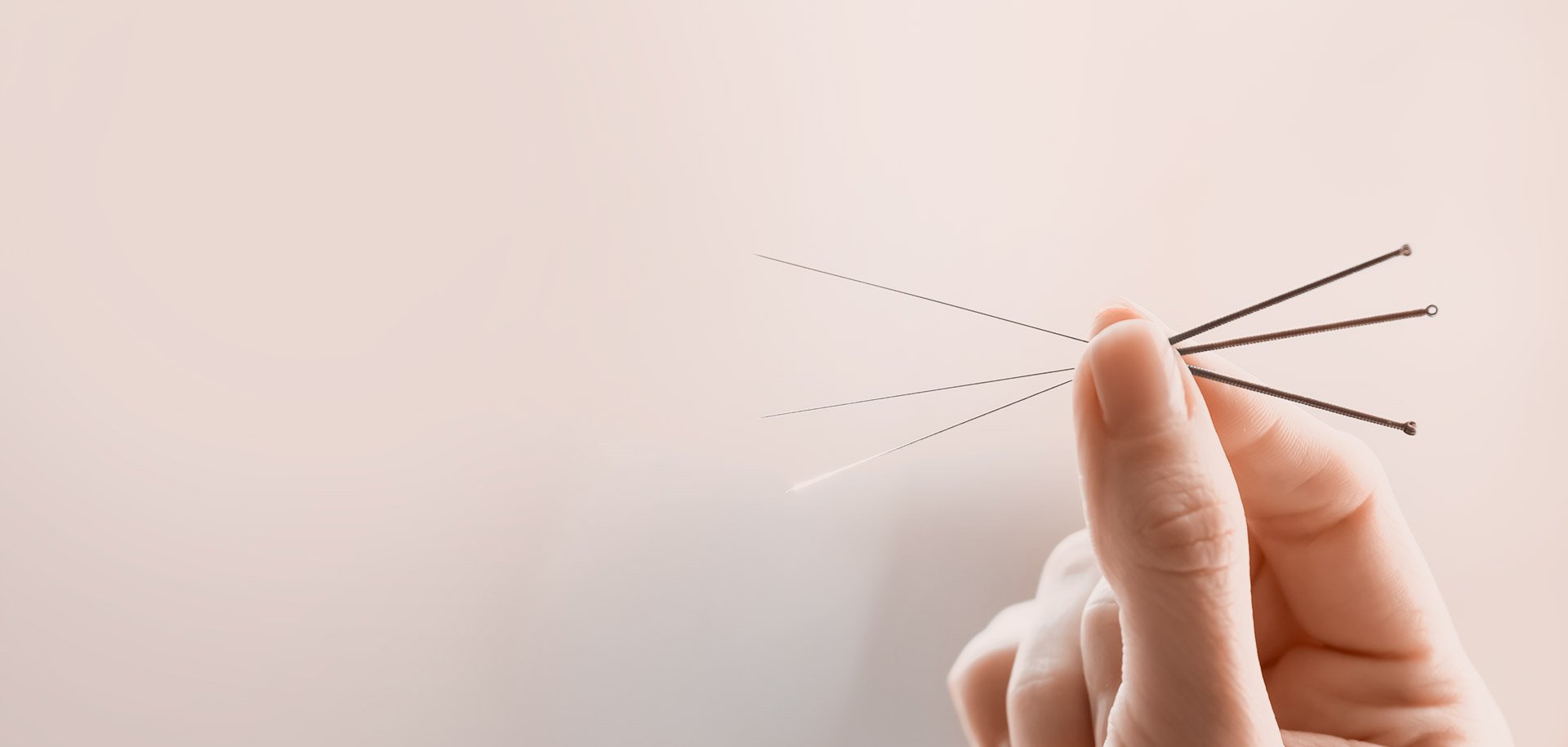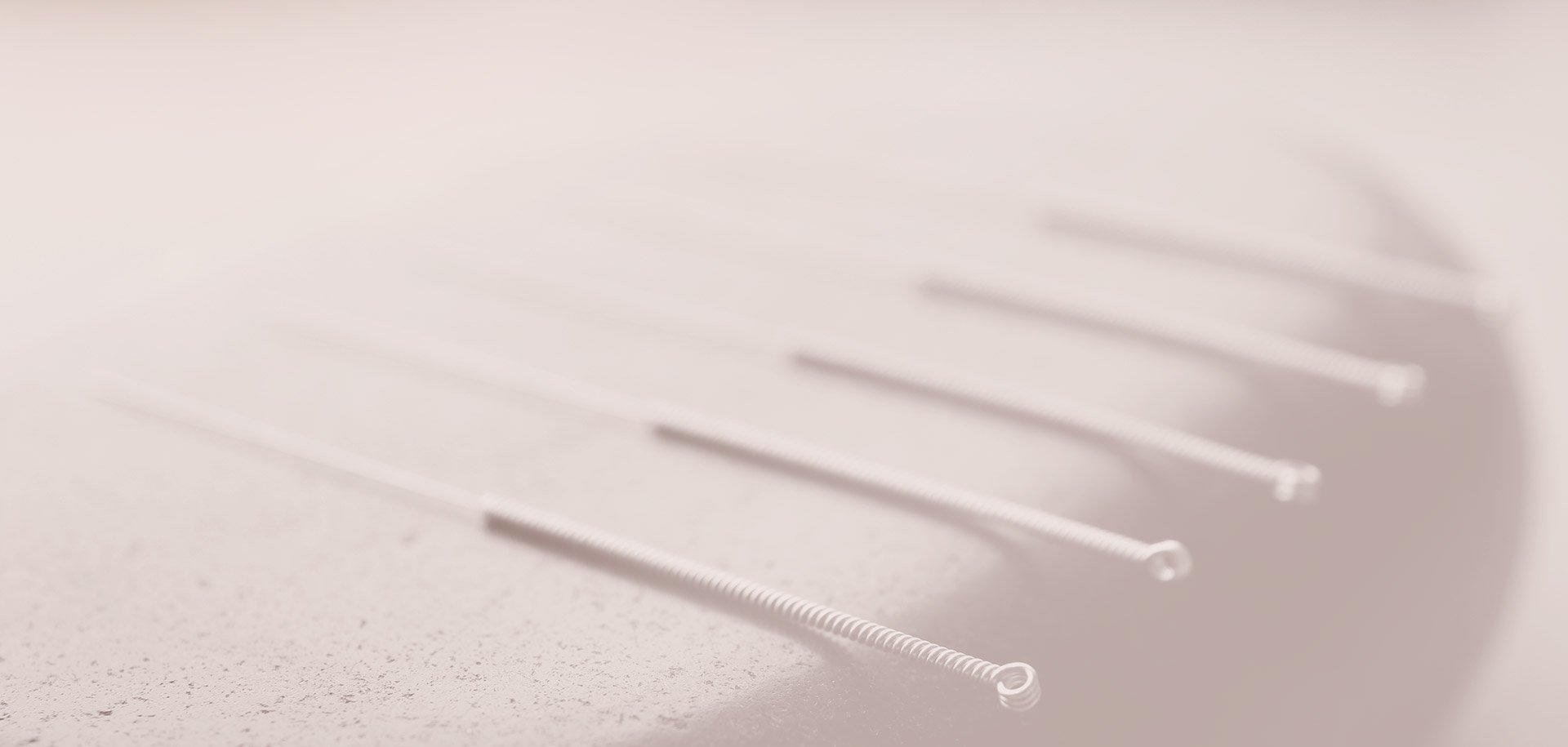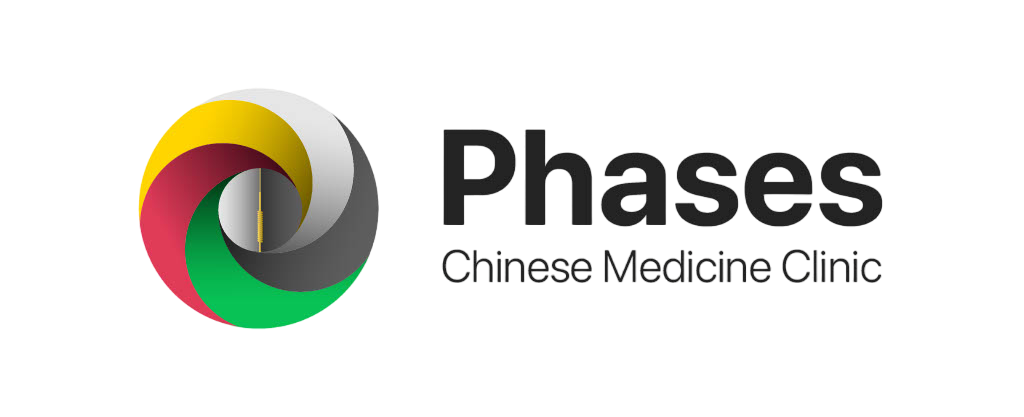DHEA for Fertility
Dehydroepiandrosterone (DHEA) is a hormone naturally produced by the adrenal glands and plays a significant role in reproductive health. In recent years, DHEA supplementation has gained attention for its potential benefits in improving fertility, particularly in women with diminished ovarian reserve (DOR) or those undergoing assisted reproductive treatments like in vitro fertilization (IVF).
How Does DHEA Affect Fertility?
DHEA serves as a precursor to key reproductive hormones, including estrogen and testosterone. Its influence on fertility is mainly linked to its ability to enhance ovarian function and improve egg quality. The primary ways in which DHEA can benefit fertility include:
- Improved Egg Quality: Studies suggest that DHEA may help increase the quality of eggs by enhancing mitochondrial function and reducing oxidative stress.
- Increased Ovarian Reserve: DHEA supplementation has been shown to boost levels of anti-Müllerian hormone (AMH), a marker of ovarian reserve.
- Enhanced IVF Success Rates: Women who take DHEA before undergoing IVF may experience improved embryo quality and higher pregnancy rates.
- Regulation of Hormone Levels: By increasing androgen levels, DHEA can support follicular development and improve the chances of successful ovulation.
Who Can Benefit from DHEA?
While DHEA is not a universal fertility solution, it may be particularly beneficial for:
- Women over 35 experiencing a decline in ovarian function.
- Individuals diagnosed with diminished ovarian reserve (DOR).
- Patients preparing for IVF who seek to improve their response to ovarian stimulation.
- Women with premature ovarian aging (POA) who want to support natural conception.
Potential Risks and Considerations
Although DHEA is generally well-tolerated, it is important to use it under medical supervision. Potential side effects may include:
- Increased androgenic effects, such as acne or hair growth.
- Hormonal imbalances if taken in excessive doses.
- Possible interactions with other medications or health conditions.
Where to Learn More
For expert insights into DHEA for fertility and other natural reproductive health solutions, visit Phases Medicine. Their holistic approach can provide valuable guidance on whether DHEA supplementation is suitable for your fertility journey.
Conclusion
DHEA has shown promise as a supportive supplement for fertility, particularly for women facing ovarian aging or undergoing IVF. However, its use should be carefully monitored to ensure safety and effectiveness. Consulting a healthcare provider can help determine if DHEA is the right option for enhancing your reproductive health.


